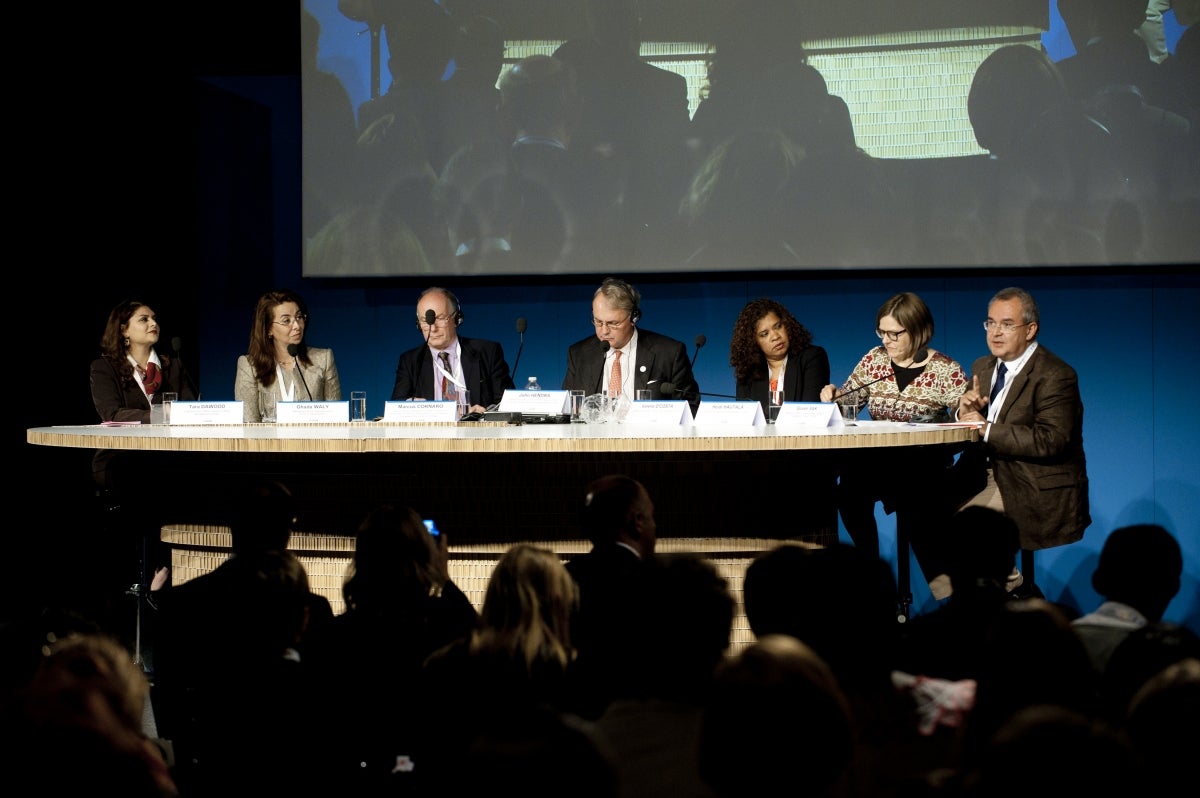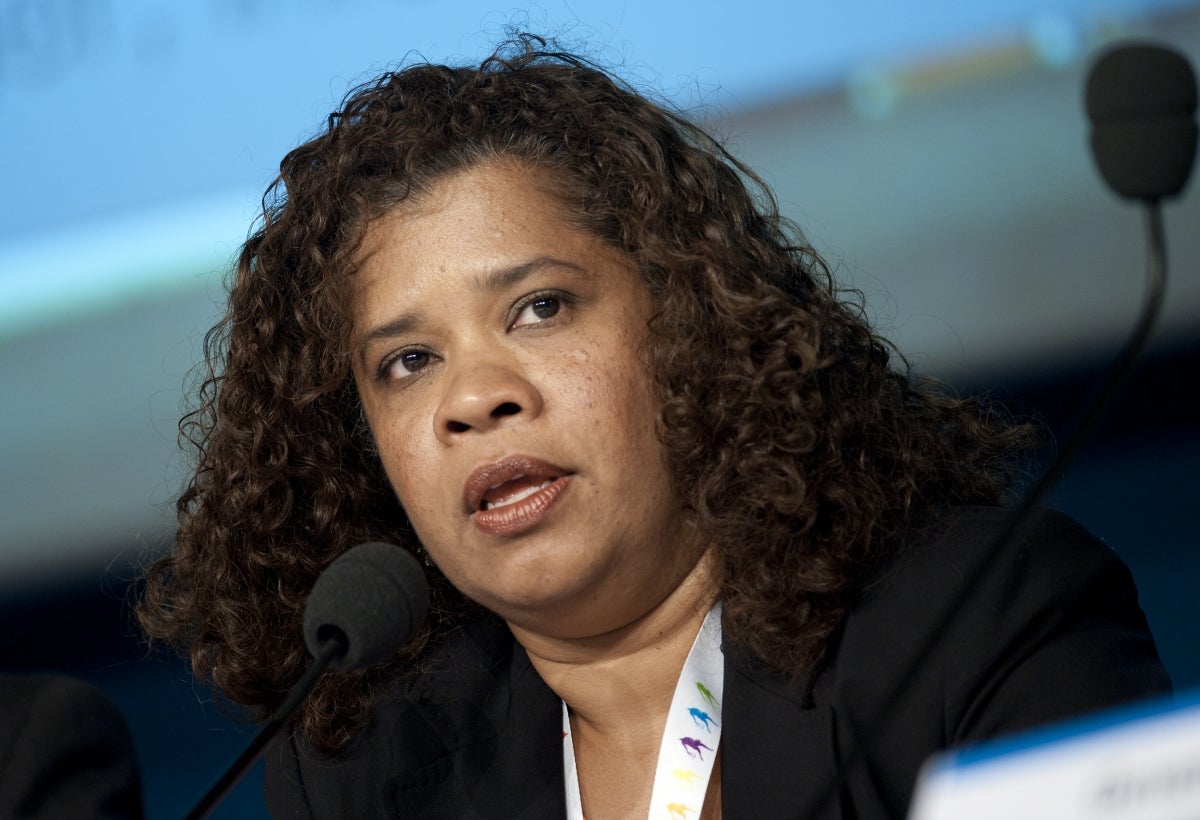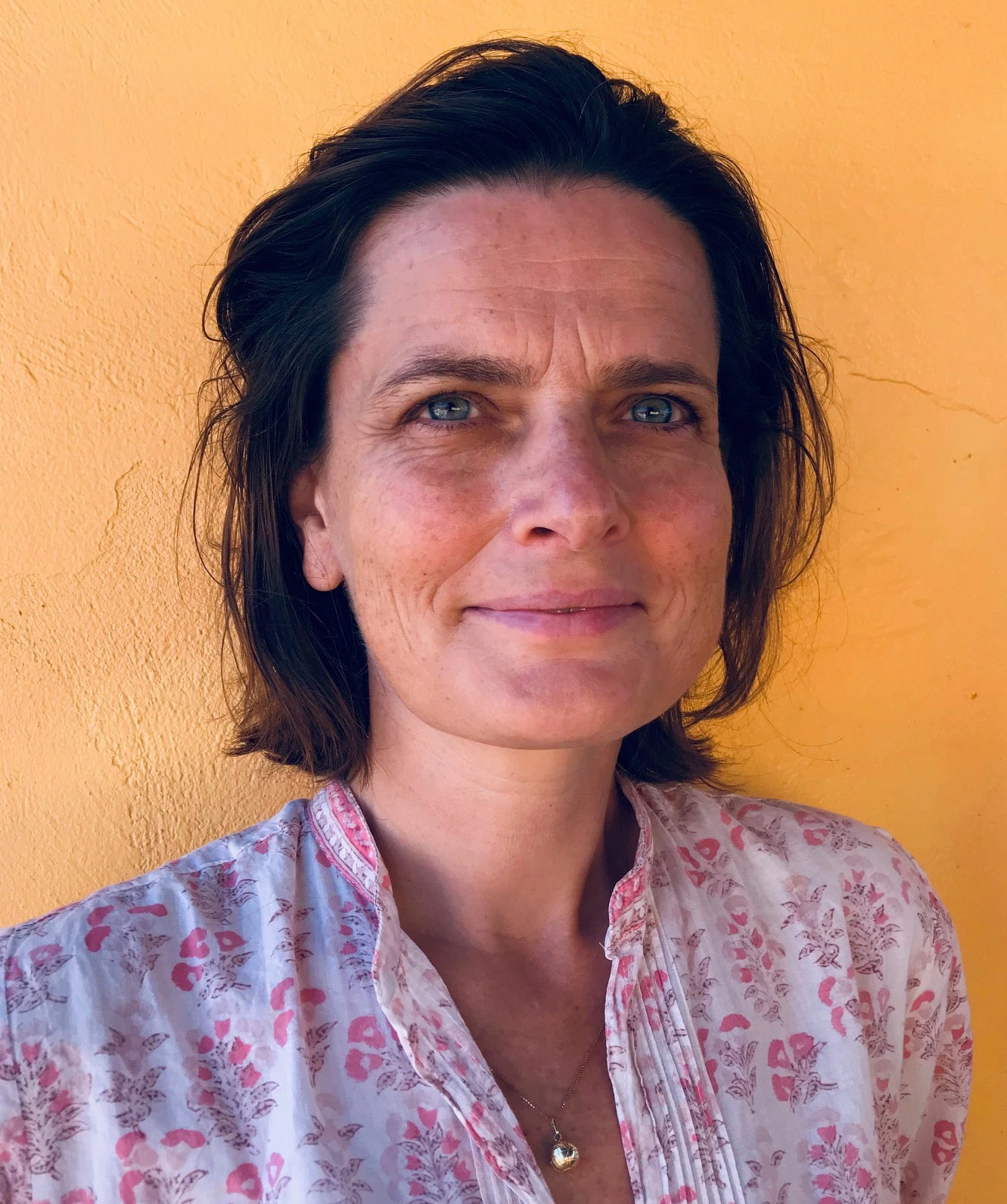 The social and economic challenges of the Middle East and Northern African (MENA) region are all very well-known: the region has the world’s highest general unemployment rate (10 per cent – versus a global average 6 per cent) and the lowest female labor participation (26 per cent in the MENA region versus 52 per cent on average in the rest of the world). But recently, there are signs that this is changing.
The social and economic challenges of the Middle East and Northern African (MENA) region are all very well-known: the region has the world’s highest general unemployment rate (10 per cent – versus a global average 6 per cent) and the lowest female labor participation (26 per cent in the MENA region versus 52 per cent on average in the rest of the world). But recently, there are signs that this is changing.
Take for example last month’s ‘pitching contest’ by young entrepreneurs at the ArabNet conference in Lebanon, where 40% of the pitches came from women – a much higher percentage than is typical at similar conferences in Europe. And there are testimonies by female entrepreneurs like May Habib, founder of the Dubai-based Arabic translation service Qordoba.com which uses a lot of freelance female workers in the region. She mentioned in a recent interview that the internet has transformed women's opportunities. "More flexible work options, freelance, home-based work, low capital requirements; you can see why starting a company on a small scale is a much more viable thing for women to do than get a corporate job”.
 Can these changes be accelerated across the region and can positive examples be scaled-up to set new standards and policies? This was the topic of a lively panel discussion at the European Development Days (October 16 – 17), organized by infoDev, UN Women and Turkish economic research agency TEPAV, about the role of women entrepreneurs to reshape the economy in the MENA region.
Can these changes be accelerated across the region and can positive examples be scaled-up to set new standards and policies? This was the topic of a lively panel discussion at the European Development Days (October 16 – 17), organized by infoDev, UN Women and Turkish economic research agency TEPAV, about the role of women entrepreneurs to reshape the economy in the MENA region.
| infoDev Manager Valerie D'Costa. (Credit: EU/EDDs) |
Valerie D’Costa, infoDev’s Program Manager, and one of the panelists, highlighted that there is room for catch-up all around the world, not just in MENA. A mere 5 percent of the technology start-ups in the US are women-led, in Europe that is 8 percent. “The 40% female participation in the pitching contest in Lebanon is encouraging, but the question is what happens after that pitch. What are women’s business obstacles? That’s where we should focus our efforts. In general, women entrepreneurs in the developing world lack information, they lack supportive networks and they lack access to capital”, she said. Valerie emphasized the importance of role models: “Success begets success. Building positive examples is important”.
Panelist Tara Dawood, CEO of the Pakistan-based Dawood Capital Management, tries to set such examples in her home country. The financial sector was a lonely place when she started her career. “There wasn’t a woman in sight during my working days”, she said at the conference in Brussels. She mentioned that even the women who had some money or savings, didn’t invest or were reluctant to put it in banks – a situation which is slowly changing. “Traditionally, women kept their money at home or in gold. Most money is made in the informal, non-registered sector, and therefore, women have no economic voice. One handshake with a male investor is enough, with female investors it’s seven points of contact before they trust you and are willing to invest, or put money in a financial institution,” she added.
While all panel members agreed that role models and business incubation services such as mentoring and seed financing are utterly important, several speakers highlighted the importance of good economic policies and regulatory frameworks. The World Bank’s 2011 report on Women, Business and the Law notes as well that today, 103 out of 141 economies it analyzed still impose legal differences on the basis of gender.
At a very basic level, Ghada Whaly, the Managing Director of Egypt’s Social Fund for Development, was explaining the wide disparities between educated women in urban settings versus the less-educated women in rural areas. “In Egypt, there are two million women without an identification document, another two million without birth certificates. Their opportunities for economic empowerment, to scale up a micro enterprise, are very limited. And this is why we go out to the villages and make women financially literate. After all, the economic empowerment of women, to have female entrepreneurs, makes sense for everyone. It’s good for communities, for the economy and for society overall”.


Join the Conversation